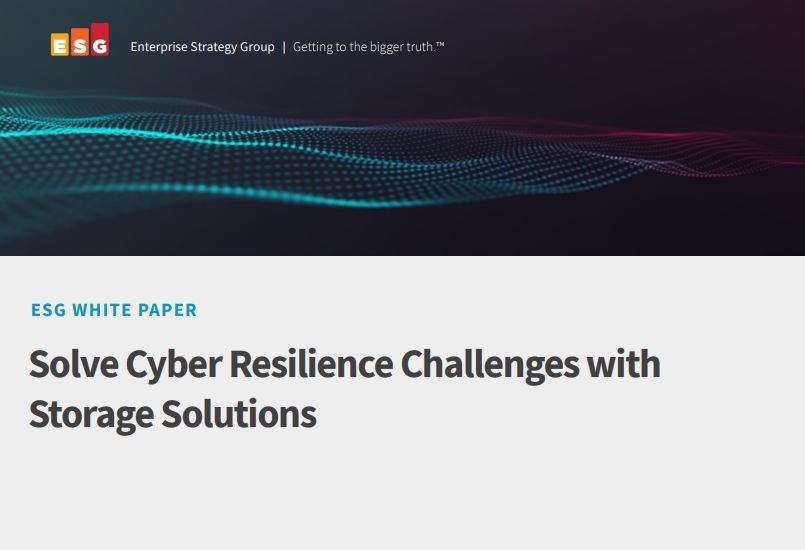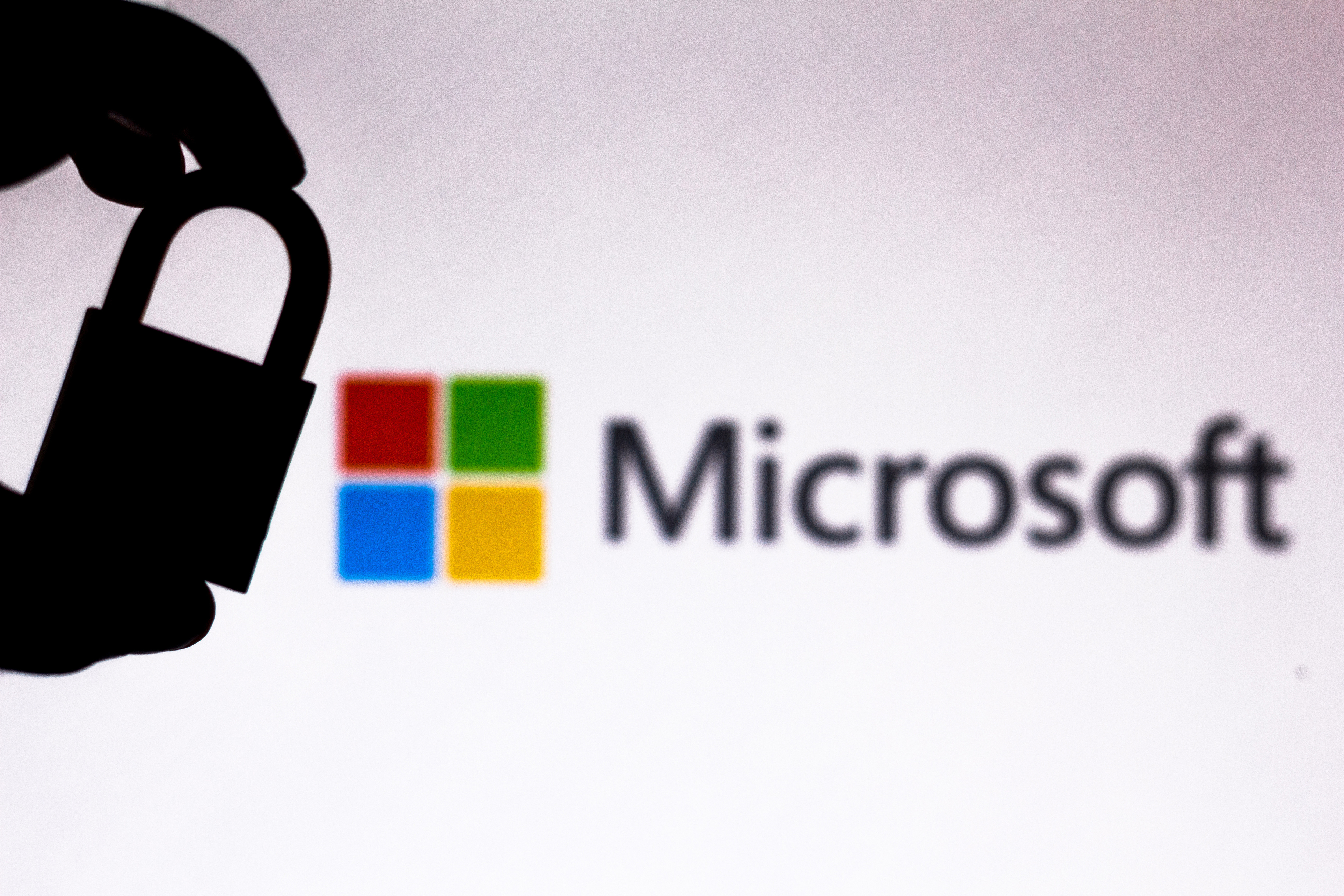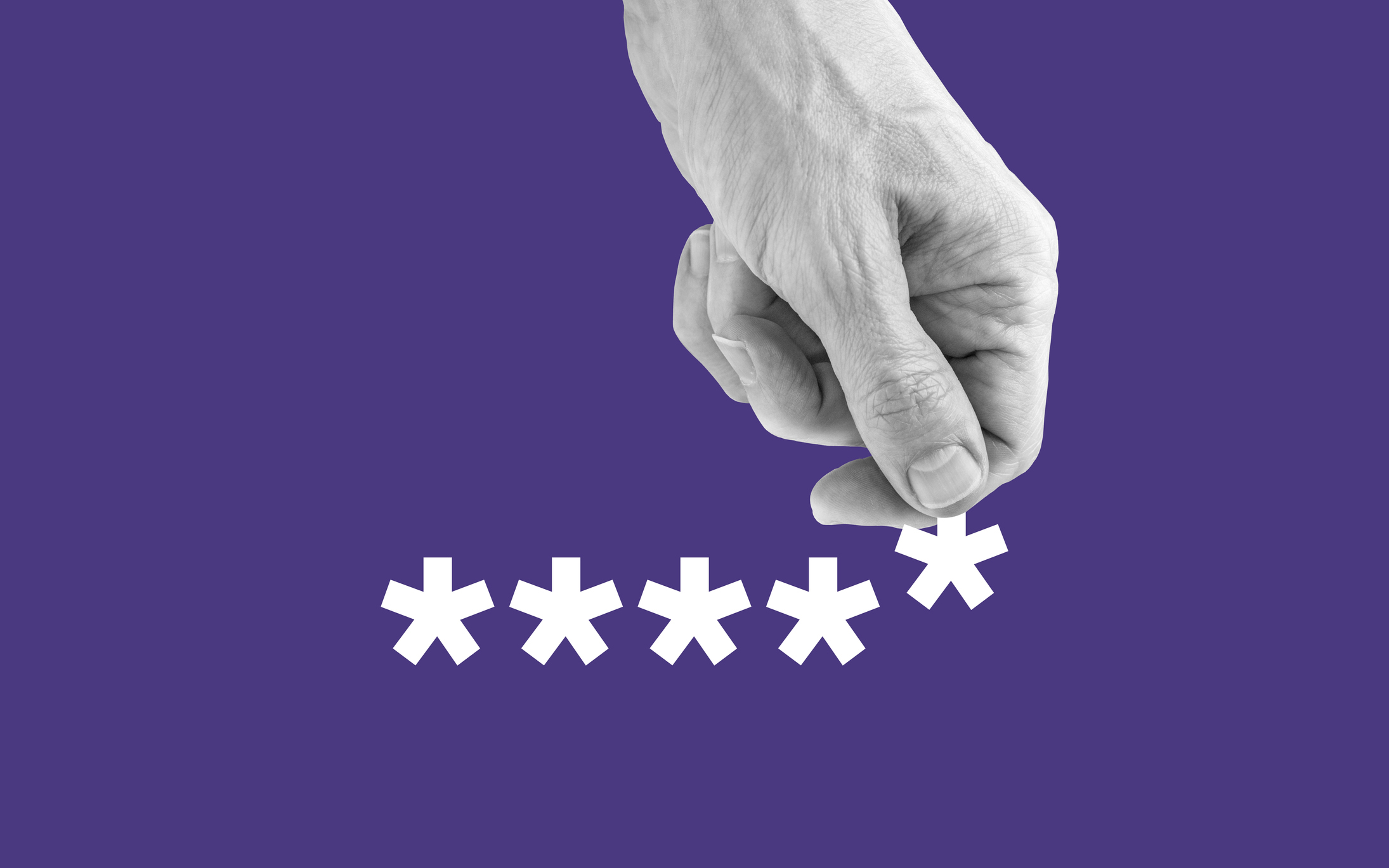Thousands of Microsoft customer records found on a public server
The tech giant claims security researchers have greatly exaggerated the scope of the issue


Microsoft has been accused of leaving thousands of customer records open to the public on a misconfigured server, and only taking steps to secure it after receiving a warning from a security research firm.
Researchers at SOCRadar, a cyber security company, said they had detected sensitive data belonging to 65,000 entities in 111 countries on a misconfigured Azure Blob Storage server, it revealed on Thursday.
RELATED RESOURCE

Solve cyber resilience challenges with storage solutions
Fundamental capabilities of cyber-resilient IT infrastructure
First discovered on 24 September, the firm found 2.4 terabytes of data publicly available, containing sensitive information belonging to Microsoft and its customers, including data on files dated between 2017 and August 2022. Researchers have said the data contained over 335,000 emails, 133,000 projects, and 548,000 exposed users.
The exposed files also included Proof-of-Execution (PoE) and Statement of Work (SoW) documents, user information, product orders/offers, project details, PII (Personally Identifiable Information) data, and documents that may reveal intellectual property.
Once SOCRadar detected the data, its researchers investigated a storage area in a bucket where SQLServer backups are stored. Further investigations of the backups led researchers to discover links between the misconfigured bucket and other Azure Blob Storages. The company claimed that the amount and scale of the leaked data made it the most significant B2B data leak in the recent history of cyber security.
The research team informed Microsoft of the leak on 24 September, which then reconfigured the server to make it private within several hours. The pair then collaborated on investigating the leak and successfully mitigated the risk of exposure.
Microsoft has said it has found no indication that customer accounts or systems have been compromised as a result, but it has notified those affected by the incident directly.
Get the ITPro daily newsletter
Sign up today and you will receive a free copy of our Future Focus 2025 report - the leading guidance on AI, cybersecurity and other IT challenges as per 700+ senior executives
It said the data included names, email addresses, email content, company name, and phone numbers, and may have included attached files relating to business between a customer and Microsoft, or an authorised Microsoft partner.
However, Microsoft has accused SOCRadar of exaggerating the severity of the incident, which has been blamed on an unintentional misconfiguration on an endpoint and not the result of a security vulnerability. Microsoft also claimed the server was not in use across the Microsoft ecosystem.
“We appreciate SOCRadar informing us about the misconfigured endpoint, but after reviewing their blog post, we first want to note that SOCRadar has greatly exaggerated the scope of this issue,” stated the company. “Our in-depth investigation and analysis of the data set shows duplicate information, with multiple references to the same emails, projects, and users. We take this issue very seriously and are disappointed that SOCRadar exaggerated the numbers involved in this issue even after we highlighted their error.”
SOCRadar has also provided a free service where companies can search their company names to see if they are impacted by any of the leaks. In response, Microsoft said it was disappointed by the release of a search tool, adding it was not in the best interest of ensuring customer privacy or security, and potentially exposing them to unnecessary risk.
It recommended that if security companies want to provide a similar tool, they should follow basic measures to enable data protection and privacy. This includes implementing a reasonable verification system, following data minimisation principles to ensure information is only delivered to that verified user, and not giving information out that belongs to different customers.
Zach Marzouk is a former ITPro, CloudPro, and ChannelPro staff writer, covering topics like security, privacy, worker rights, and startups, primarily in the Asia Pacific and the US regions. Zach joined ITPro in 2017 where he was introduced to the world of B2B technology as a junior staff writer, before he returned to Argentina in 2018, working in communications and as a copywriter. In 2021, he made his way back to ITPro as a staff writer during the pandemic, before joining the world of freelance in 2022.
-
 Should AI PCs be part of your next hardware refresh?
Should AI PCs be part of your next hardware refresh?AI PCs are fast becoming a business staple and a surefire way to future-proof your business
By Bobby Hellard
-
 Westcon-Comstor and Vectra AI launch brace of new channel initiatives
Westcon-Comstor and Vectra AI launch brace of new channel initiativesNews Westcon-Comstor and Vectra AI have announced the launch of two new channel growth initiatives focused on the managed security service provider (MSSP) space and AWS Marketplace.
By Daniel Todd
-
 The business value of Zscaler Data Protection
The business value of Zscaler Data ProtectionWhitepaper Understand how this tool minimizes the risks related to data loss and other security events
By ITPro
-
 Top data security trends
Top data security trendsWhitepaper Must-have tools for your data security toolkit
By ITPro
-
 Three essential requirements for flawless data protection
Three essential requirements for flawless data protectionWhitepaper Want a better CASB and stronger DLP? You have to start with the right foundation
By ITPro
-
 Microsoft under fire for “negligent” security practices in scathing critique by industry exec
Microsoft under fire for “negligent” security practices in scathing critique by industry execNews Microsoft took more than 90 days to issue a partial fix for a critical Azure vulnerability, researchers found
By Ross Kelly
-
 The gratitude gap
The gratitude gapWhitepaper 2023 State of Recognition
By ITPro
-
 Anonymous Sudan: Who are the hackers behind Microsoft’s cloud outages?
Anonymous Sudan: Who are the hackers behind Microsoft’s cloud outages?News The highly aggressive ‘hacktivist’ group is thought to have links to the pro-Russian Killnet hacker collective
By Ross Kelly
-
 The top five risks of perimeter firewalls
The top five risks of perimeter firewallsWhitepaper ...and the one way to overcome them all
By ITPro
-
 Azure AD vulnerability gave attackers backdoor authentication control
Azure AD vulnerability gave attackers backdoor authentication controlNews Secureworks shared its findings with Microsoft in 2022, and the company has since issued changes to improve audit logs
By Ross Kelly